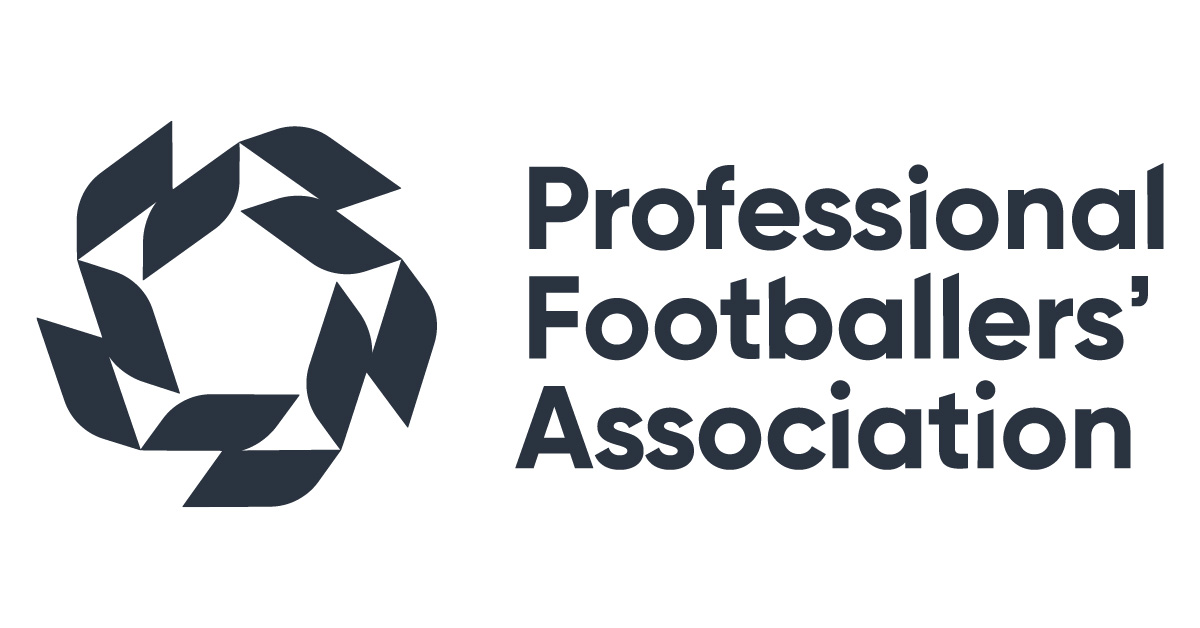A new survey by the Professional Footballers’ Association (PFA) has revealed that 60% of professional footballers who identify as having neurodivergent traits have not disclosed this information to their club.
The ongoing study, believed to be the largest of its kind among professional athletes worldwide, has so far surveyed 700 players across the Premier League, Women's Super League, and English Football League. The research focuses on conditions such as autism, dyslexia, dyspraxia, and ADHD.
Preliminary findings show that 5% of respondents have been formally diagnosed with a neurodivergent condition, while around 25% report experiencing neurodivergent traits. In particular, 26% of players cited difficulties with attention and focus, while 22% reported challenges with social interactions.
Raising Awareness and Understanding
Manchester United and Wales goalkeeper Safia Middleton-Patel, who was diagnosed with autism at 18, praised the PFA’s efforts to increase awareness and support for neurodivergent players.
"I'm not surprised at all by the results," Middleton-Patel told BBC Sport. "I know what it's like to be dropped from a club because they say you're too argumentative and too difficult to handle. But I'm not trying to be difficult."
She credited Manchester United for their supportive approach. "They’re very understanding. If they don’t understand something, they’ll pull me aside for a chat instead of making accusations. They want to understand me more than anyone else."
The NHS estimates that one in seven people in the UK are neurodivergent, though the exact number of formal diagnoses remains unknown.
Aiming for Greater Inclusion
The PFA hopes to complete the study by the end of the 2024-25 season, with the number of participants expected to double. The findings aim to foster a more informed conversation about neurodivergence, benefiting both players and clubs.
Dr. Michael Bennett, the PFA’s director of player wellbeing, emphasized the importance of recognizing different cognitive styles in football.
"In the same way players have unique physical attributes, they also have different behavioral traits that affect how they approach training, video analysis, and team interactions," Bennett explained.
Navigating Challenges in Football Environments
Dr. Subhasis Basu, a medical advisor to the English Football League and a co-leader of the study, shared how neurodivergent traits can present challenges in a footballing environment.
He recounted working with an injured player who was labeled as "disruptive" and "difficult to manage." However, when Basu met the player, he saw a different side.
"I found him charismatic, open, and personable," Basu said. "The issue was that he was getting different answers from different staff members about his rehab, and he struggled to process that inconsistency. It left him extremely frustrated."
By providing a single, clear line of communication, Basu helped the player regain confidence in his recovery plan, ultimately facilitating his return to fitness without further complications.
As the PFA continues its research, the goal is to ensure that football clubs can better support neurodivergent players, fostering a more inclusive and understanding environment within the sport.

